Currently, the hardware for this project is complete and validated. I have created the PCB using OSHPark and purchased all the components from Mouser.
The software is currently very close to completion, and I am working out small timing issues and validating that most VGM files work. I will need some help validating more VGM files, so if you'd like to build a copy and help me experiment, feel free to send me a message!
 jareklupinski
jareklupinski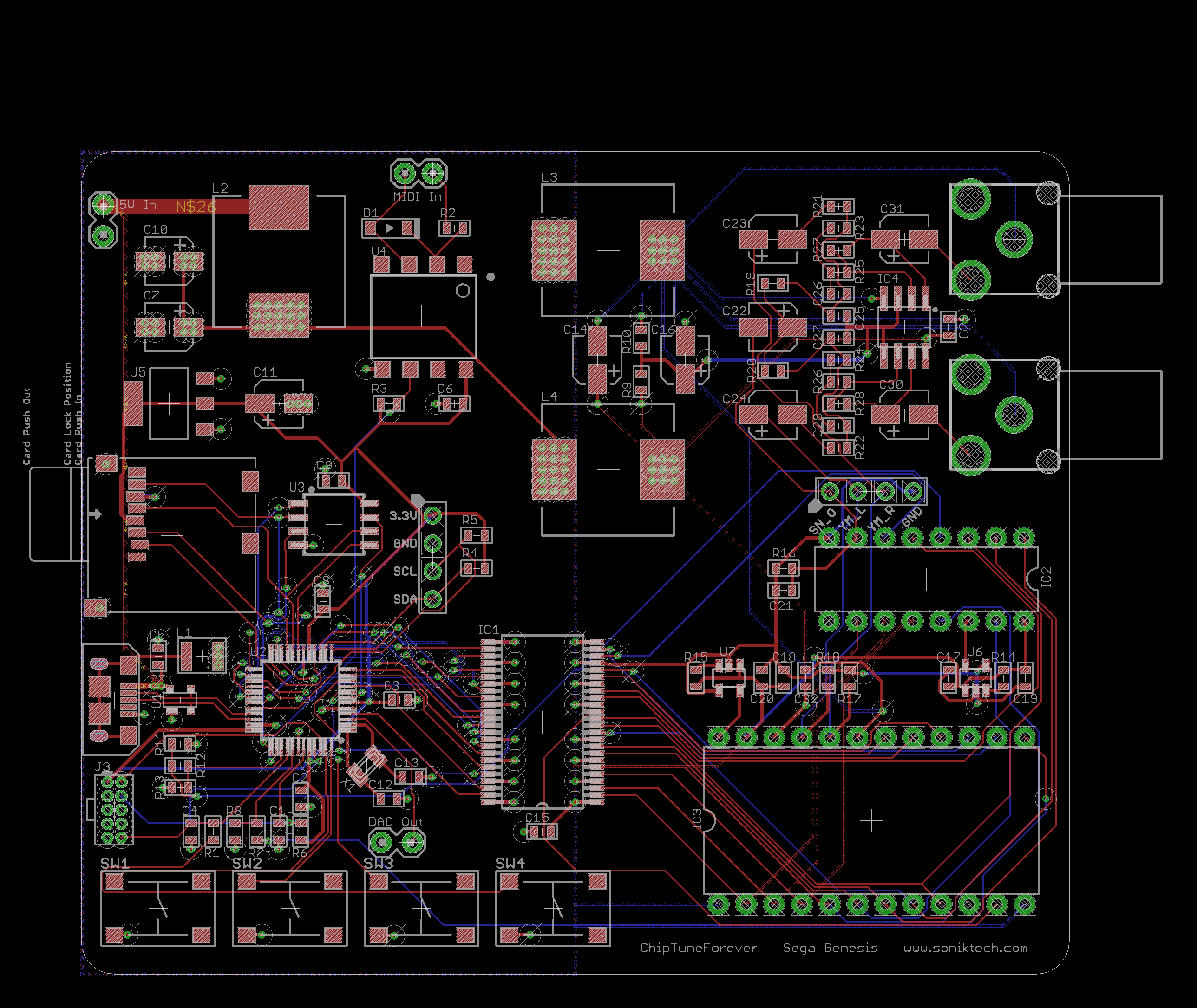
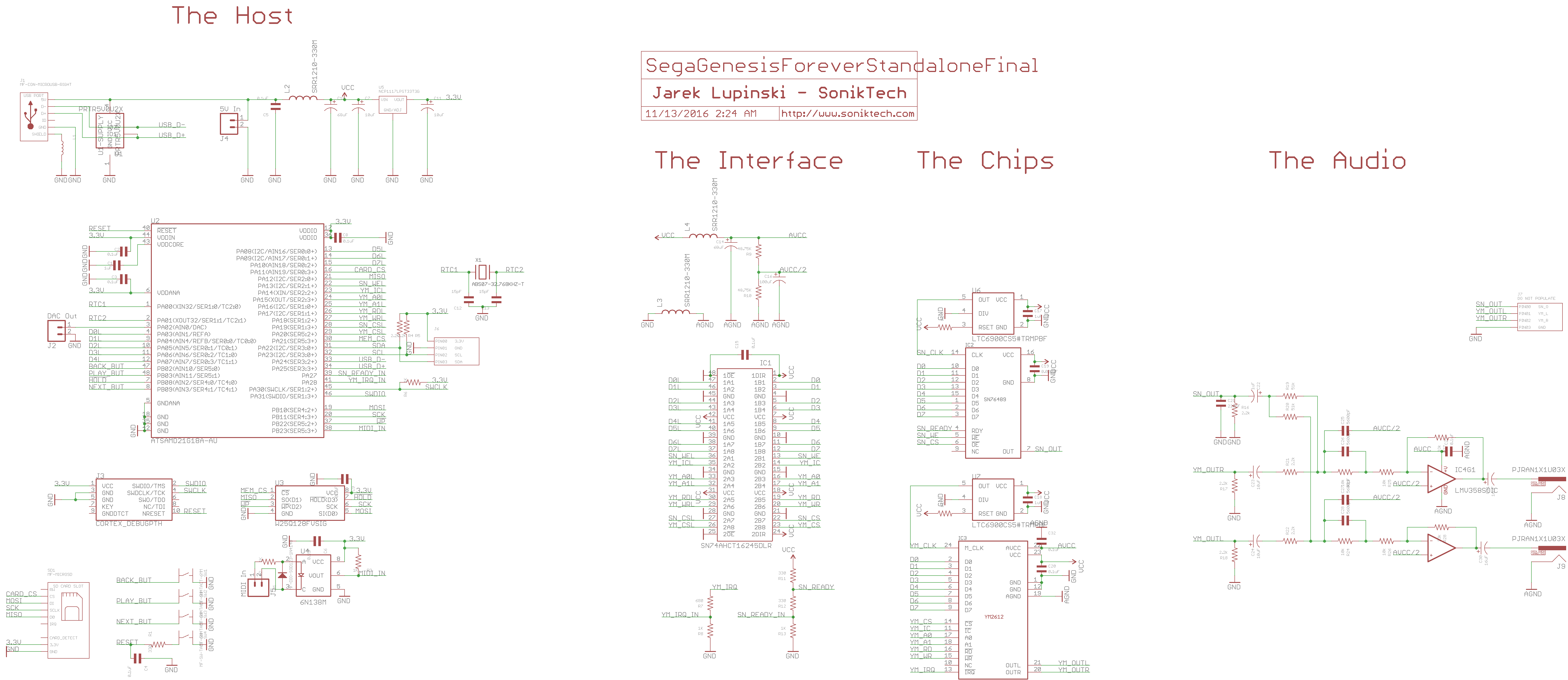
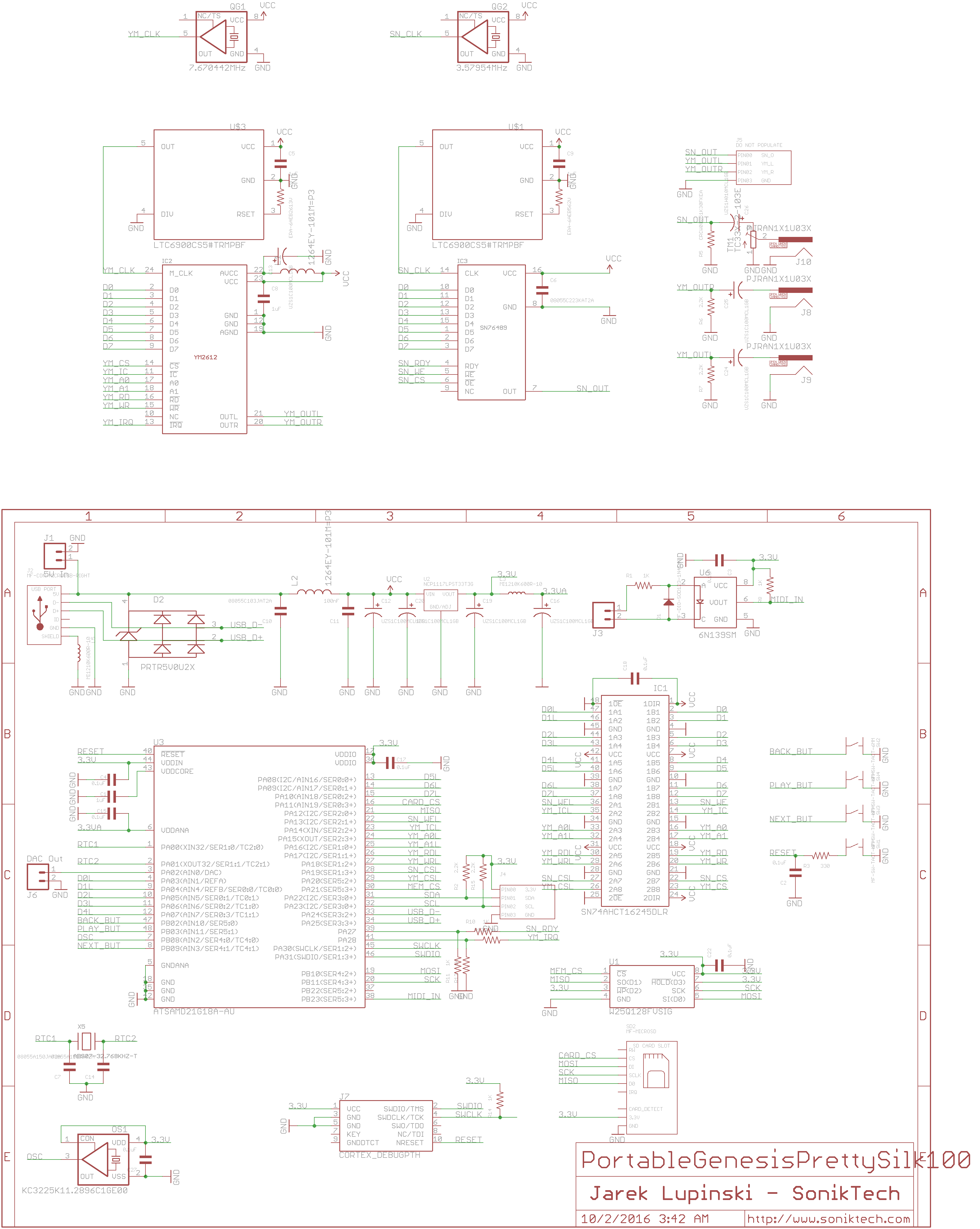






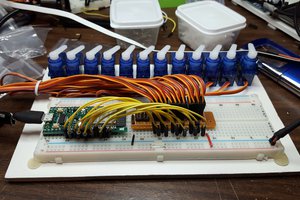
 Hari Wiguna
Hari Wiguna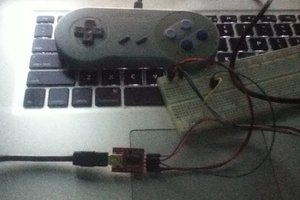
 tehaxor69
tehaxor69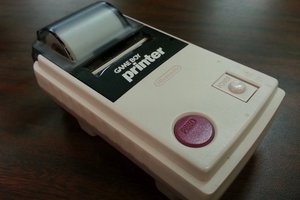
 jonathan
jonathan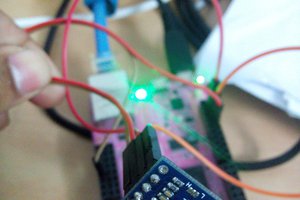
 Jithin
Jithin
hey there, i recently found your project on youtube. i'm SUPER interested in building one of the current iterations, and SUPER interested in testing anything that would have midi control. i've got a large amount of building experience and have no problem using through hole or SMD. i build modular hardware regularly for my job. please feel free to contact me directly through this site or on youtube where i commented with the same name. really want to help test stuff out or get involved! - ian